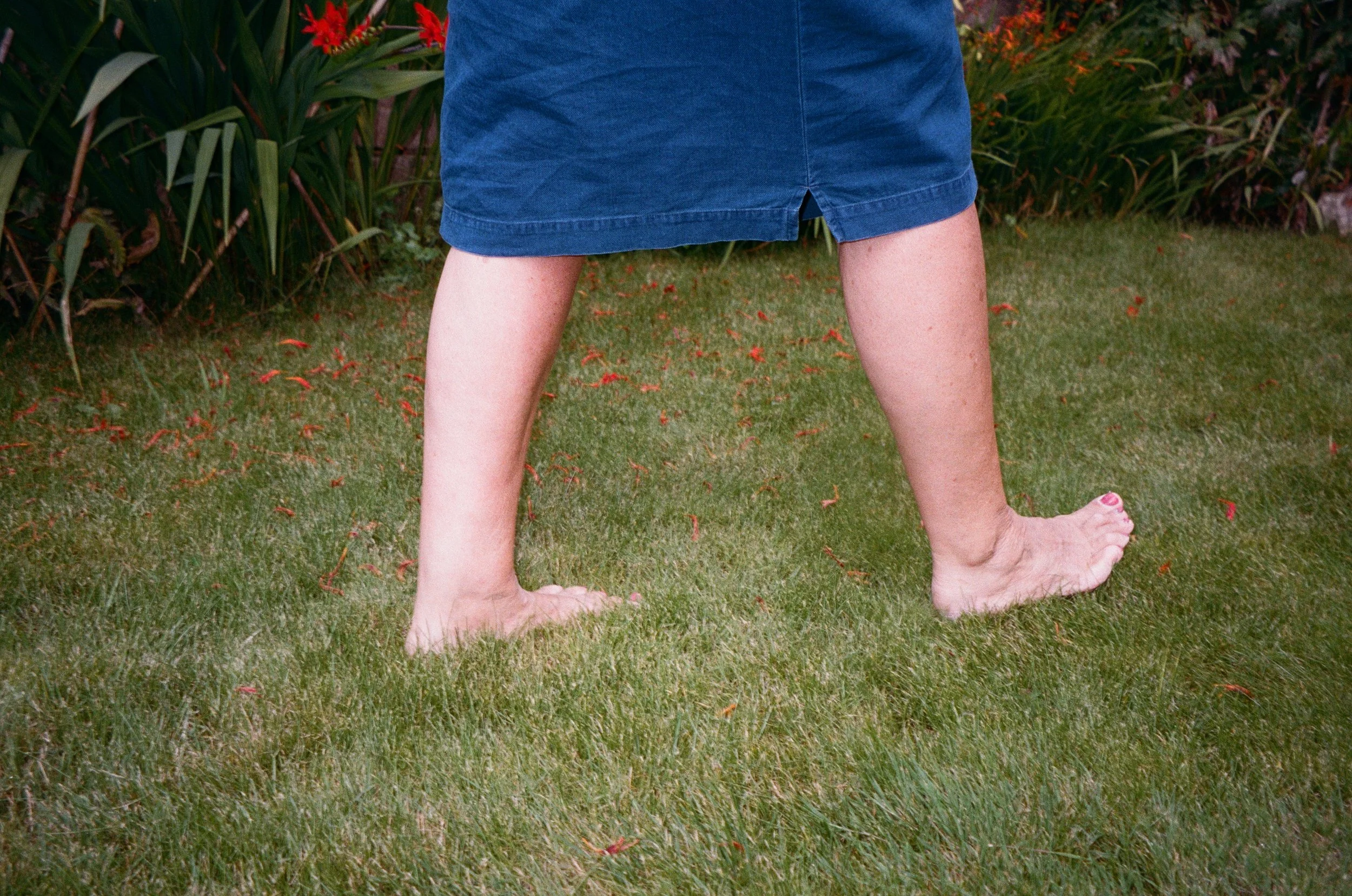Musculoskeletal Appointments
A musculoskeletal appointment is appropriate if you are experiencing foot pain. During the assessment, we will evaluate the range of motion in your feet, ankles, knees, and hips, if necessary. Your gait will also be analysed, and specific tests will be conducted based on your symptoms and medical history to help diagnose the issue and determine the most suitable treatment. Many of the treatments we offer include targeted exercises for the feet. These exercises address the root cause of the problem rather than simply masking the symptoms, making them a highly effective tool in promoting long-term foot health and relieving pain.
Common musculoskeletal (MSK) problems that present in the feet include:
Plantar Fasciitis – Inflammation of the plantar fascia, causing heel or arch pain, especially with the first steps in the morning.
Achilles Tendinopathy – Pain and stiffness in the Achilles tendon, often related to overuse or tight calf muscles.
Posterior Tibial Tendon Dysfunction (PTTD) – Weakness or dysfunction of the tendon supporting the arch, leading to flat feet and pain along the inside of the ankle or foot.
Morton’s Neuroma – A thickening of nerve tissue between the toes, causing burning, tingling, or sharp pain in the forefoot.
Metatarsalgia – Pain and inflammation in the ball of the foot, often due to abnormal pressure or overuse.
Hallux Valgus (Bunions) – A deformity at the base of the big toe, which may cause pain, swelling, and difficulty with footwear.
Stress Fractures – Small cracks in the bones of the foot due to repetitive stress or overuse, common in athletes.
Flat Feet (Pes Planus) – A condition where the arches of the feet collapse, potentially leading to pain in the feet, ankles, knees, or hips. This often is not an issue unless you have pain in the feet or knees.
High Arches (Pes Cavus) – Excessively high arches that can cause imbalance, instability, and increased pressure on the heel and ball of the foot.
Tarsal Tunnel Syndrome – Compression of the tibial nerve as it passes through the tarsal tunnel, resulting in tingling, numbness, or pain in the foot.
These conditions can often be managed effectively through a combination of exercise, footwear modifications, and in some cases, orthotic prescriptions, medical or surgical intervention.
Book an Appointment
To book an appointment or make an enquiry please contact us and we will be happy to help you.

